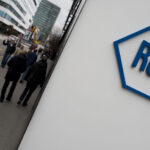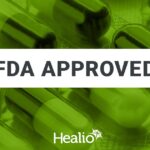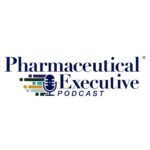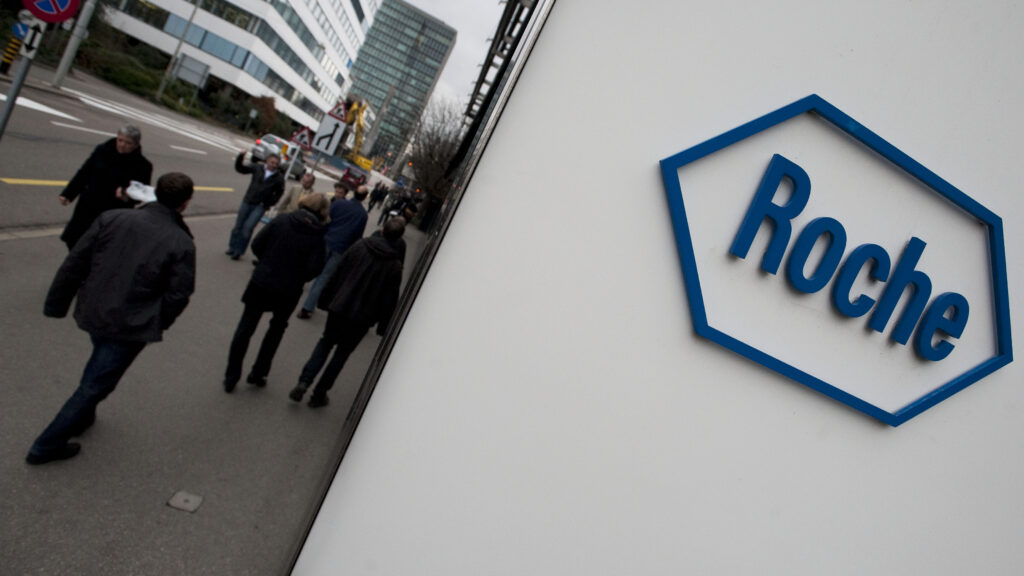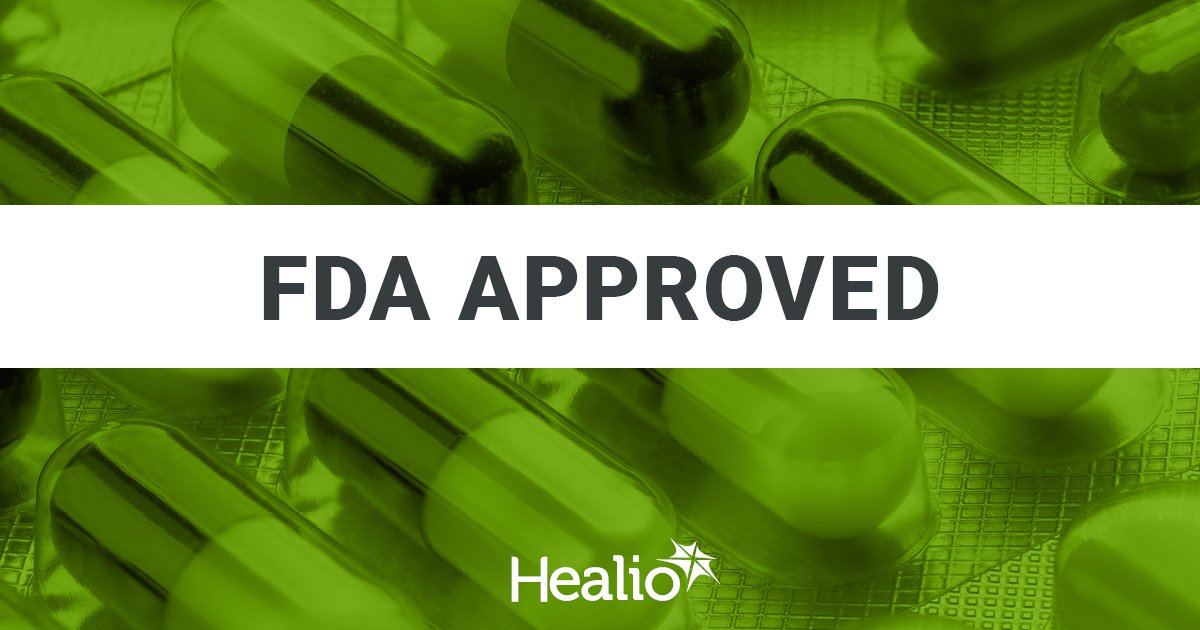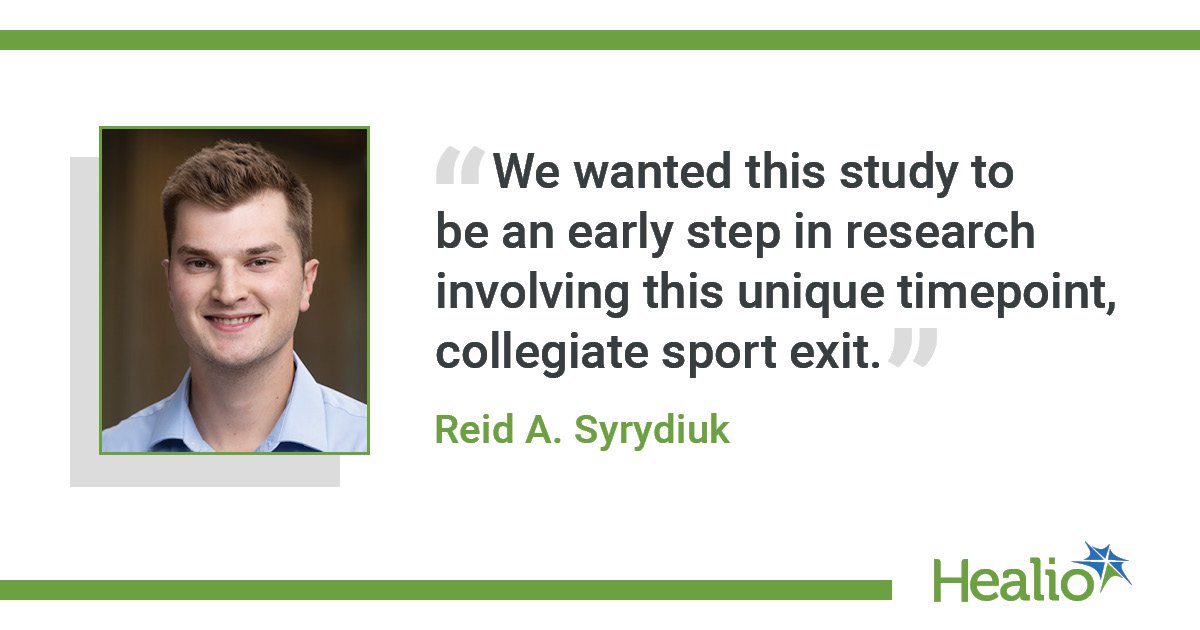Top of the morning to you, and a fine one it is. Despite gray skies hovering over the Pharmalot campus, the air is cool and the surrounding environs are surprisingly quiet, except for the official mascots who are chasing their breakfast. As for us, we are engaged in the usual rituals, starting with firing up the coffee kettle — our choice today is banana split — and foraging for items of interest. On that note, please enjoy the tidbits compiled below. We hope you have a smashing day and conquer the world. And as always, please do keep in touch. …
CVS Health, which runs the largest U.S. pharmacy benefit manager, will not add Gilead Sciences’ new HIV prevention drug to its commercial plans for now, despite the medicine’s proven effectiveness, Reuters reports. CVS based the decision on clinical, financial, and regulatory factors, according to a spokesperson. The company will not cover Yeztugo under its Affordable Care Act formularies, since its ACA preventive program follows recommendations and mandates from the U.S. Department of Health and Human Services. Gilead, its investors, and AIDS activists have high hopes for Yeztugo. Approved in June for people at high risk of HIV, the drug was shown to be nearly 100% effective at preventing infection in large trials, fueling fresh optimism about limiting the spread of the deadly virus. U.S. government health care programs, including the Veterans Administration and the Medicare program for people over age 65, have already added Yeztugo to coverage lists. Gilead said earlier this month that several state-run Medicaid plans, including California and New York, were covering the drug.
The U.S. Food and Drug Administration’s controversial rejection of a skin cancer therapy from Replimune Group has wrought some collateral damage — the premature shutdown of a clinical trial involving a similar drug from Krystal Biotech, STAT tells us. Last week, Krystal suspended the enrollment of patients with skin cancer into a Phase 2 study of its drug, called KB707, because “a recent decision by the regulatory agency has signaled a shift in their approach to drug approvals,” according to a bulletin sent to participating physicians. Stéphane Paquette, Krystal’s vice president for corporate development, confirmed the study shutdown and said the decision was driven in part by “heightened uncertainty regarding potential accelerated approval pathways” for KB707 following the FDA’s rejection of the Replimune drug in late July. KB707 was still in the earlier stages of clinical development, and not necessarily central to Krystal’s valuation. However, the company’s decision to essentially shelve a promising cancer therapy in this manner before it even has data in hand illustrates how FDA approval decisions can have downstream repercussions for other companies.


This article is exclusive to STAT+ subscribers
Unlock this article — plus in-depth analysis, newsletters, premium events, and news alerts.
Already have an account? Log in


